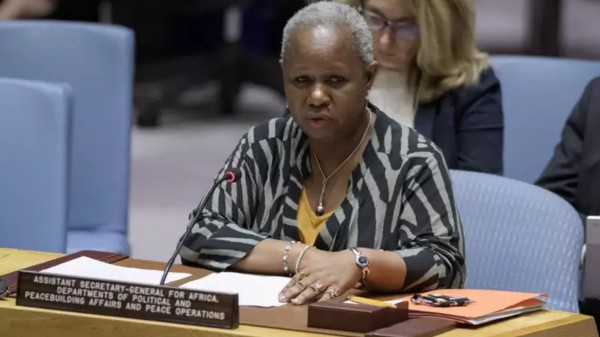Regional
UN failure as MONUSCO withdraws amid crisis escalation
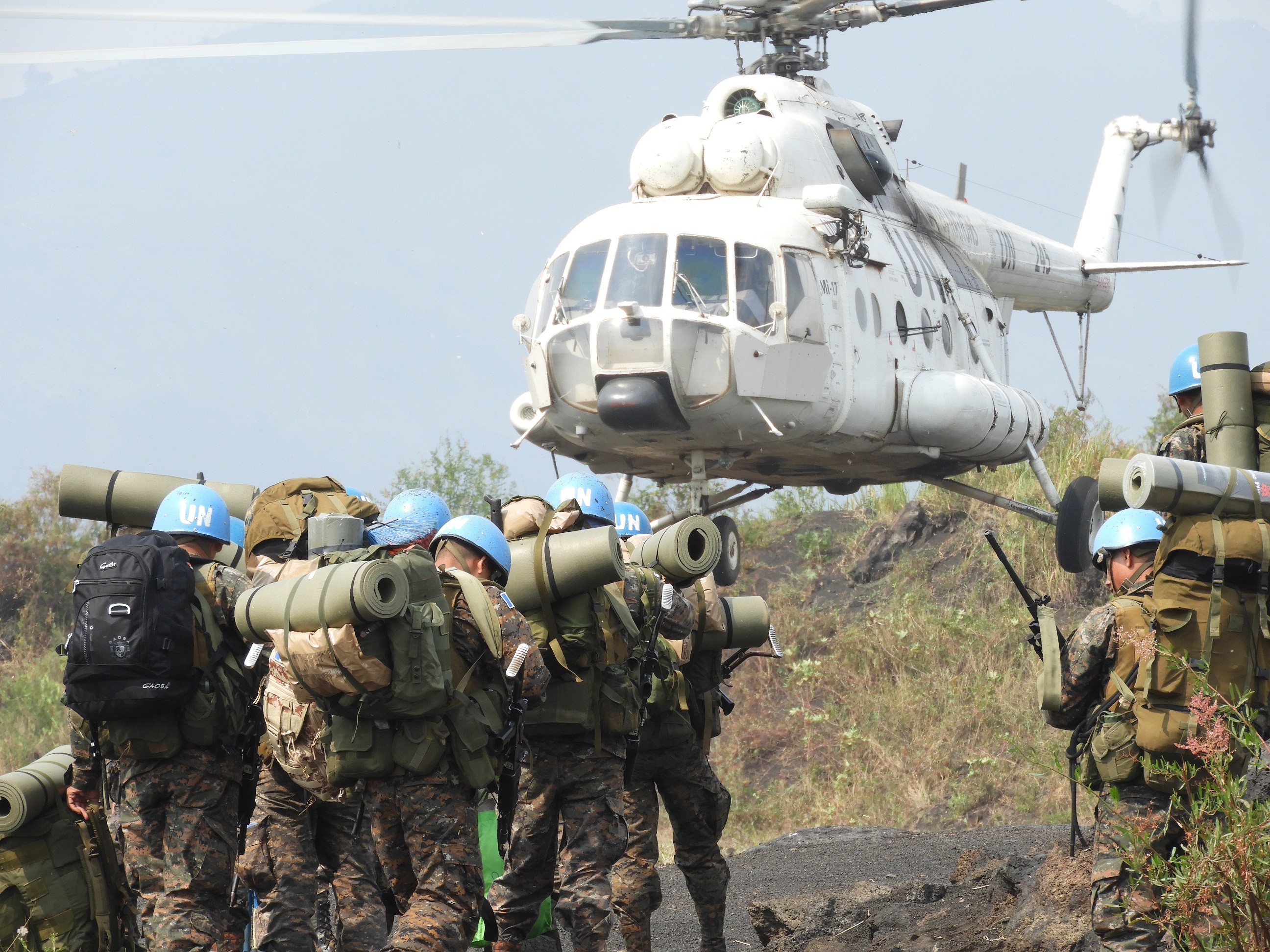
The UN
Security Council on December 19 unanimously adopted a resolution initiating the
phased down operations of the UN Mission in the Democratic Republic of Congo
(MONUSCO).
The
resolution renewed the mandate of the mission for a year, including plans for
the departure of the blue helmets from eastern DRC by the end of April 2024.
The
peacekeepers will withdraw from DRC in three phases starting in December 2023. The
drawdown comes despite the escalation of the crisis and violence in the east of
the country.
The UN
mission is leaving the security situation in DRC worse than they found it more
than two decades ago. Clashes between armed groups have increased, and there is
widespread violations of human rights, and devastating incidents of
gender-based violence displaced more than six million people in DRC.
To
date, Congolese Tutsi are victims of repeated attacks perpetrated by the
Congolese army, officials and compatriots. They are discriminated through a
series of criminal activities targeting them especially through systematic
killings, and hate speech. The UN mission failed them. With more than 19,000
troops and an operational budget of about $1 billion, a year, the blue helmets
brought no positive change and consistently failed the Congolese population.
To
some extent, their withdraw is a replica of what happened in Rwanda in 1994.
When the Genocide against the
Tutsi in 1994 started, the UN decided to withdraw their troops. Instead of
overseeing national reconciliation and stop the killings, the peacekeepers
became eyewitnesses to the 1994 genocide against Tutsi, where more than one
million people died.
Local
and foreign armed groups have increased from five to more than 260, currently
operating with the knowledge of MONUSCO, which is mandated to protect
civilians.
The Congolese
civilians are the victims of violence and persecutions committed by these armed
groups, but the international community and MONUSCO turned a deaf ear.



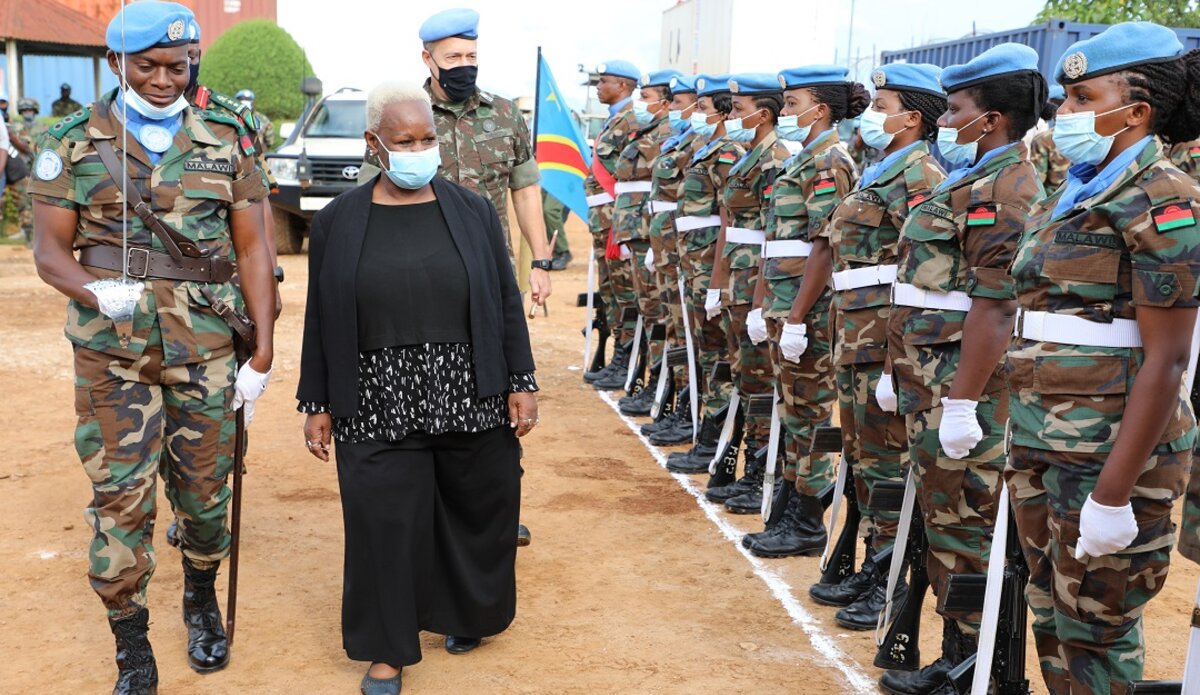
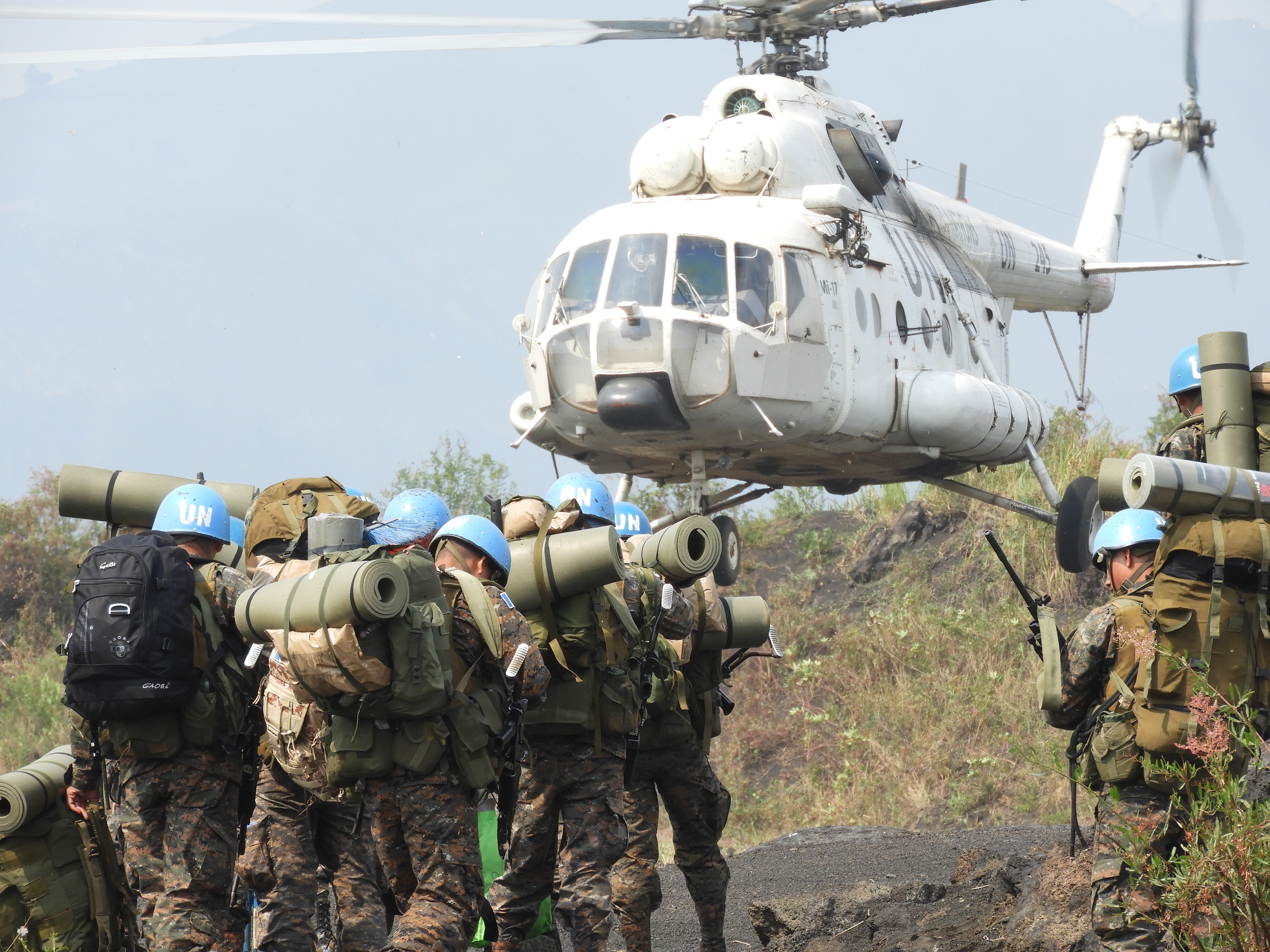
.jpg-20230823071016000000.jpg)
.jpeg-20230628111323000000.jpeg)
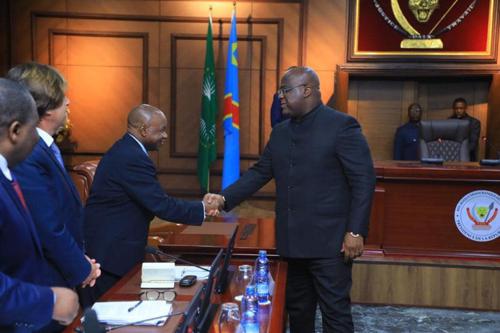
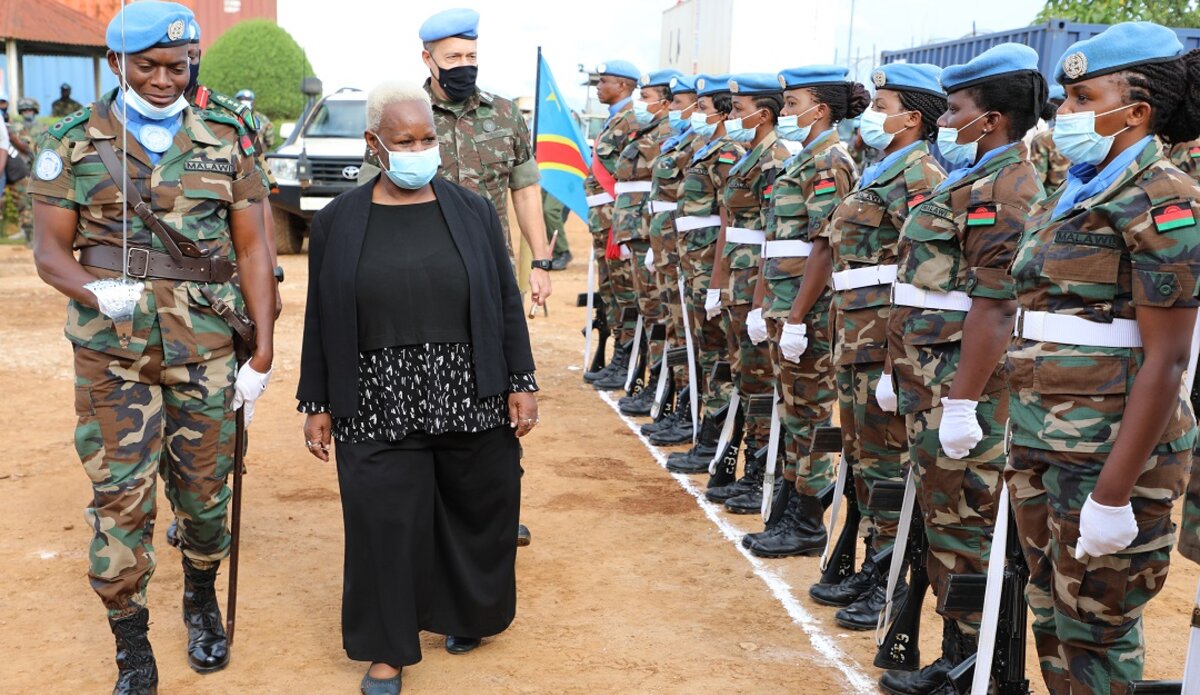
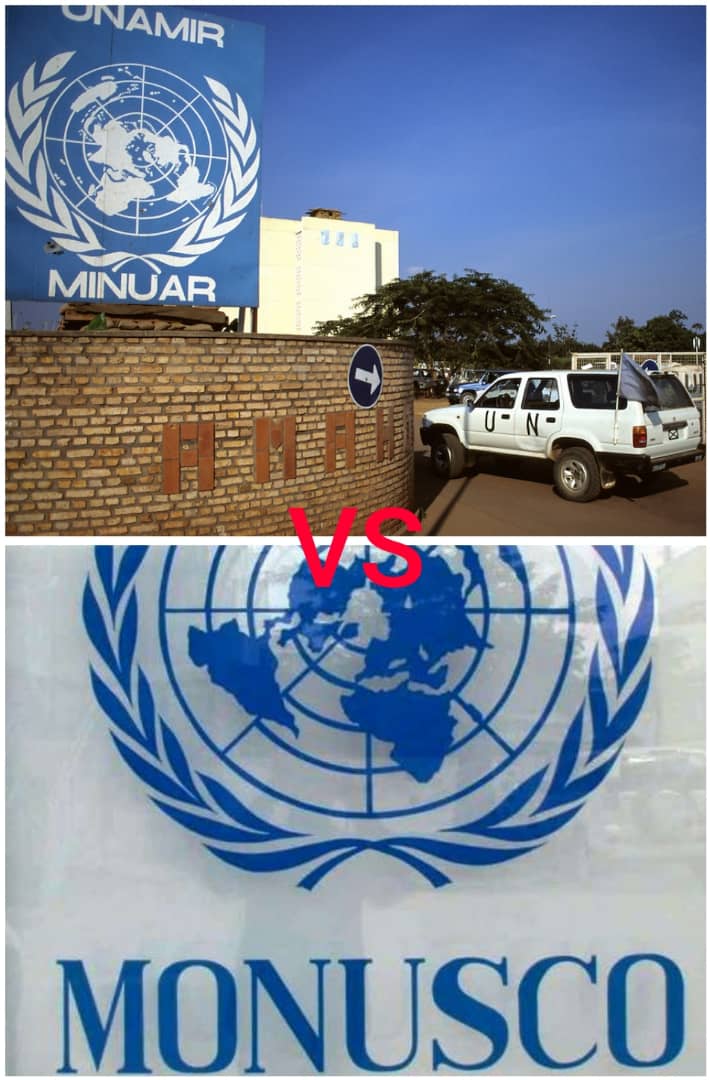
.jpg-20221113050043000000.jpg)
